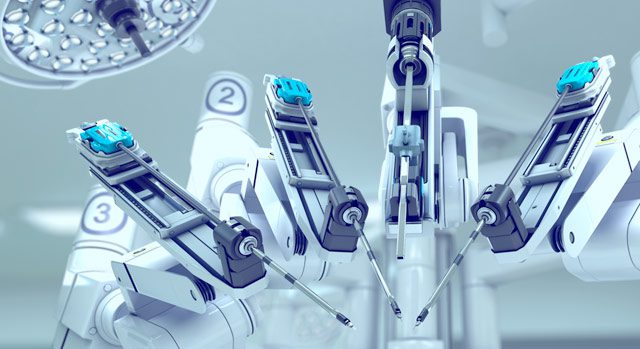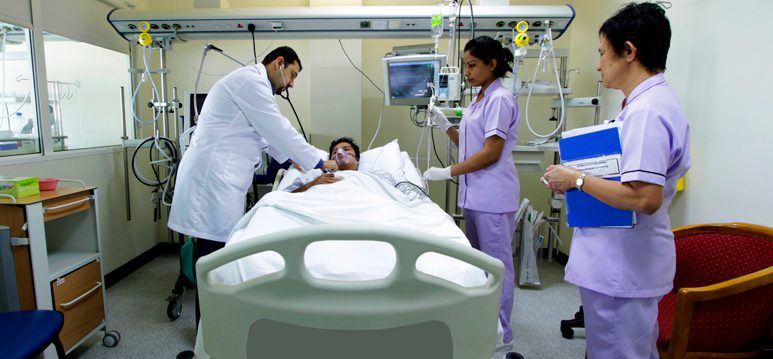Early screening program for all types of cancer
Checking for cancer(or for abnormal cells that may become cancer) in people who have no symptoms is called screening.
Screening can help doctors find and treat several types of cancer early before they cause symptoms early detection is important because when normal tissue or cancer’s found early, it may be easier to treat by the symptoms appear cancer may have begun to spread and be harder to treat.
Several screening tests have been shown to detect cancer every and to reduce the chance of dying from that cancer.
- Effective cancer screening tests
- Other screening test
Effective cancer screening tests
Cancer screening tests aim to find cancer early, before it causes, symptoms and when it maybe easier to treat successfully, effective screening tests are those that
- Find cancer early.
- Reduce the chance that someone who is screened regularly will die from the cancer.
- Have more potential than harms
Possible harms of screening tests includes bleeding or other physical damage, inaccurate tests result and over diagnosis the diagnosis of cancers that would not have caused problems and did not need treatment.
1. Colonoscopy, sigmoidoscopy and stool test(high- sensitivity fecal occult blood tests and stool DNA tests): Several screening tests have been shown to reduce the risk of dying from colorectal cancer. Colonoscopy and sigmoidoscopy not only detect colorectal cancer early but also help prevent the disease in the first place, that’s because these tests can find abnormal colon growth (polyps) that can be removed before they become cancer .expert groups generally recommend that people who are at average risk for colorectal cancer have screening with one of these tests at ages 50 through 75.
2. Low-dose helical computed tomography: This test to screen for lung cancer has been shown to reduce lung cancer deaths among heavy smokers ages 55 to 74.
3. Mammography: This method to screen for breast cancer has been shown to reduce deaths from the disease among women ages..40 to 74,especially those over age
50.
4. PAP tests and human papillomavirus(HPV) testing: These tests which can be used both alone and in-combination can lead to both early detection and prevention of cervical cancer, they prevent the disease because they allow abnormal cells to be found and treated before they become cancer, testing is generally recommended to begin at age 21 and to end at age 65 in women who have had adequate prior screening and are not otherwise at high risk for cervical cancer.
other screening tests:
Screening tests that have not been shown to be effective may still be offered, especially to people who are known to be at increased risk of cancer.
1. Alpha – fetoprotein blood test: This test is sometimes used along with ultrasound of the liver, to try to detect liver cancer early in people at high risk of the disease.
2. Breast MRI This imaging test is often used for women who carry a harmful mutation in the BRCA1 gene or the BRCA2 Gene ,women with these mutation have a high risk of breast cancer, as well as increased risk for other cancer.
3. CA-125 test: This blood test, which is often done together with a transvaginal ultrasound may be used to try to detect ovarian cancer early, especially in women with an increased risk of the disease, although this test can help to diagnose ovarian cancer in women who have symptoms and can be used to evaluate the recurrence of cancer in women previously diagnosed with the disease, it has not been shown to b e an effective ovarian cancer screening test.



